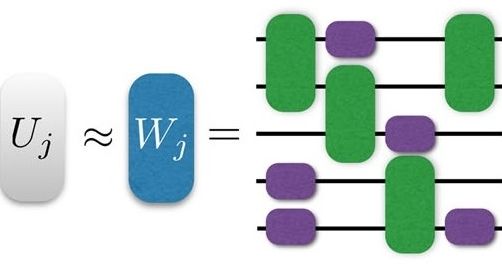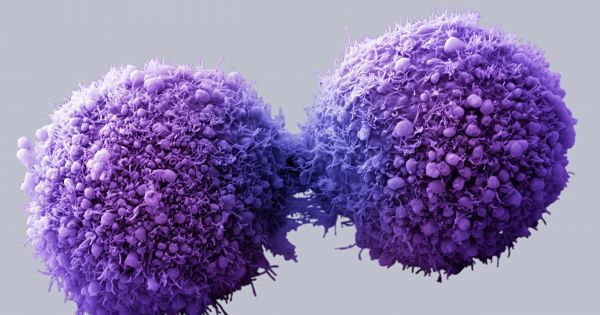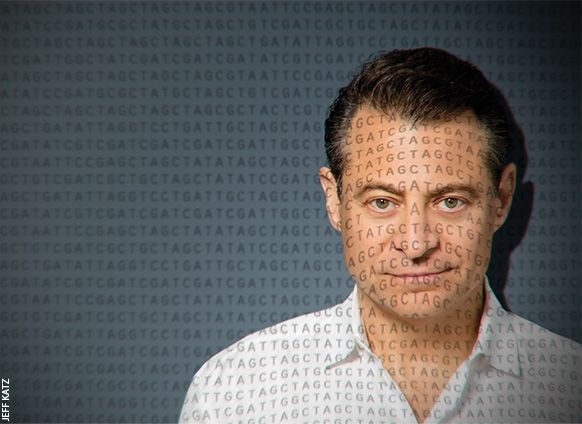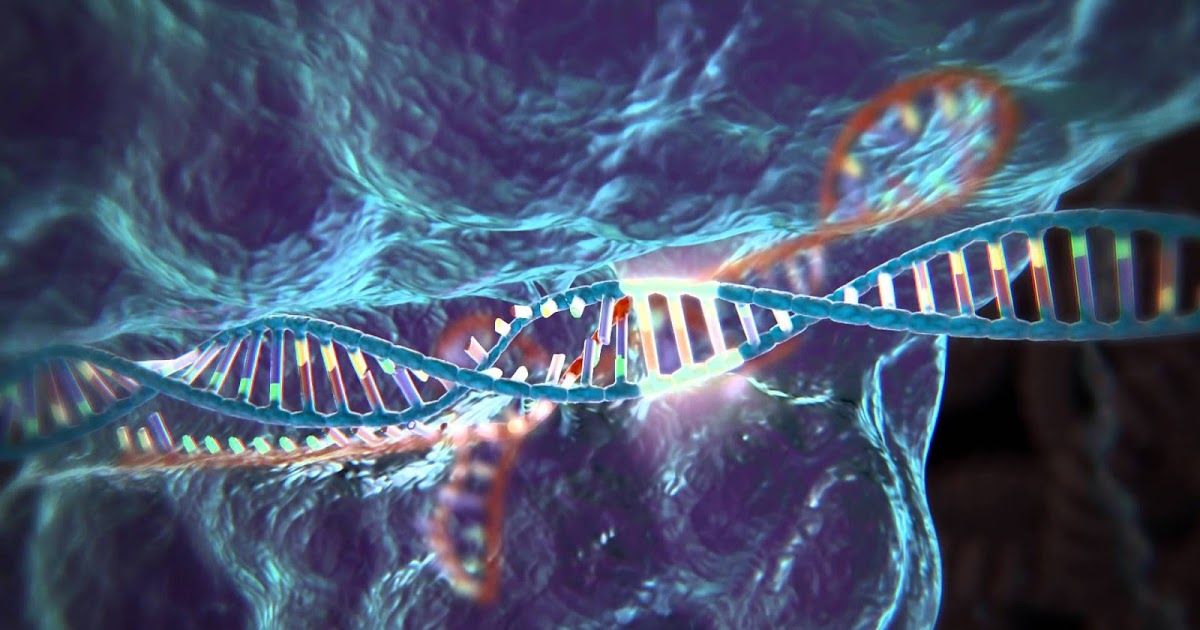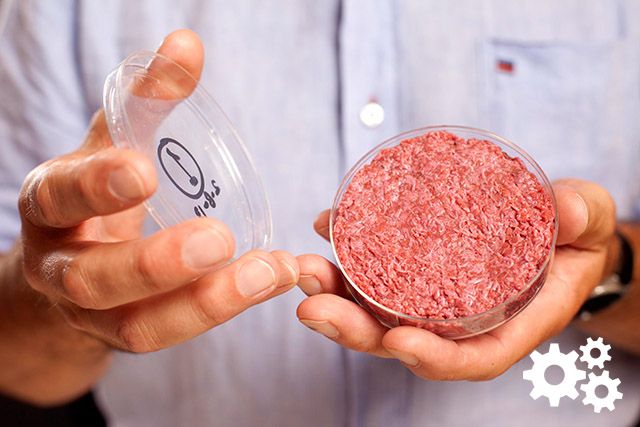Jun 23, 2016
Scientific Innovation Needs the European Union to Succeed
Posted by Zoltan Istvan in categories: bioengineering, biotech/medical, computing, cyborgs, economics, employment, genetics, life extension, neuroscience, robotics/AI, transhumanism
My new Psychology Today story on BREXIT and the EU:
Scientific innovation doesn’t just happen on its own. It takes stable economies, free societies, and open-minded governments. The best environment for science to thrive in is that of collaborating groups incentivized to communicate and cooperate with one another. This is precisely what the European Union is.
And now, more than ever, the union of Europe is needed—because we are crossing over into the transhumanist age, where radical science and technology will engulf our lives and challenge our institutions. Robots will take 75% of the jobs in the next 25 years. CRISPR gene editing technology will allow us to augment our intelligence, perhaps doubling our IQ. Bionic organs will stave off death, allowing 200 year lifespans.
Continue reading “Scientific Innovation Needs the European Union to Succeed” »

